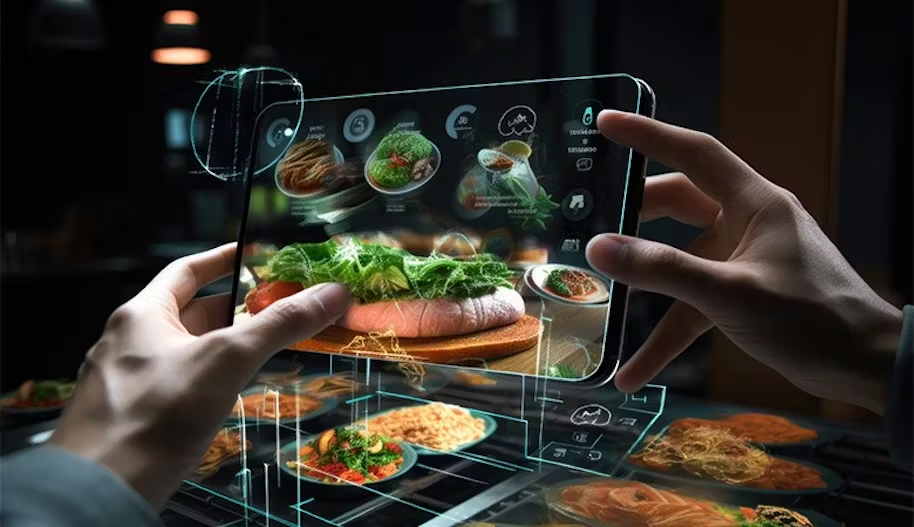Gone are the days when one-size-fits-all diet plans were the norm. With the rise of artificial intelligence (AI), nutrition and meal planning have entered a new era—one where diets are customized based on an individual’s unique biology, lifestyle, and preferences. AI-driven meal plans are revolutionizing the way we approach nutrition, making healthy eating more personalized, efficient, and effective than ever.
The Power of AI in Personalized Nutrition
Artificial intelligence is transforming diet planning by analyzing vast amounts of data from genetics, metabolism, health history, and real-time inputs to create highly tailored meal recommendations. Instead of relying on basic calorie counting or restrictive fad diets, AI focuses on delivering scientifically optimized nutrition designed for each individual.
1. How AI Uses Genetics and Biomarkers to Personalize Diets
With advances in DNA testing, AI-powered nutrition platforms can now examine genetic predispositions related to weight management, food intolerances, and metabolic performance. Some key areas AI can assess include:
- Carbohydrate and Fat Metabolism — Determines whether a person would benefit more from a low-carb keto plan or a balanced macronutrient approach.
- Nutrient Absorption — Identifies potential vitamin and mineral deficiencies based on genetic markers.
- Food Sensitivities — Recommends diet modifications to avoid common triggers like gluten, lactose, or histamines.

2. Real-Time Tracking for Smarter, Adaptive Plans
AI-driven apps use machine learning to monitor dietary habits, activity levels, and metabolic feedback. Unlike static meal plans, AI adapts dynamically, adjusting food choices based on real-time data such as:
- Blood Sugar Levels — AI-integrated glucose monitors help individuals, especially those managing diabetes or insulin resistance, maintain balanced nutrition.
- Exercise Patterns — Personalized meal recommendations are made based on workout intensity and recovery needs.
- Hunger and Satiety Signals — AI can track eating patterns and adjust portion sizes to help prevent overeating and maintain optimal energy levels.